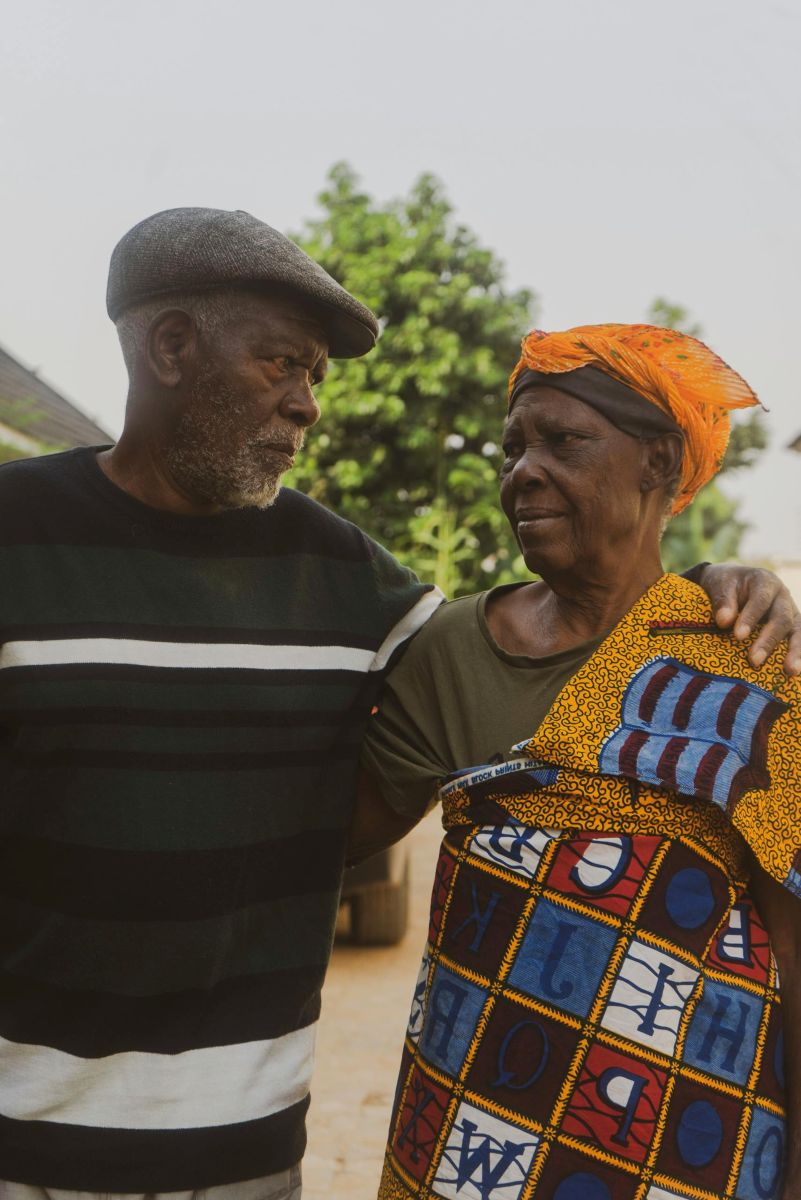We all want to live long, healthy lives. While lifestyle choices like diet and exercise play a huge role, genetics also have a significant influence on our lifespan. Recent research has shed light on a fascinating aspect of this: genetic associations with longevity are, on average, stronger in women than in men. This means that the genes that contribute to a long life seem to have a more powerful effect in females.
What the Science Says
A groundbreaking study, Genetic associations with longevity are on average stronger in females than in males – PMC, published in PMC, investigated the genetic factors behind longevity. Researchers analyzed data from thousands of centenarians (people who live to 100 or more) and middle-aged individuals. The results were striking: the genetic markers associated with a long lifespan were more strongly linked to longevity in women compared to men. This finding was consistent across different regions and datasets, strengthening the conclusion.
The Grandmother Hypothesis and Evolutionary Advantages
Why might this be the case? One compelling theory is the “grandmother hypothesis” Genetic Associations with Longevity are Stronger in Women – Fight Aging!. From an evolutionary perspective, women who lived longer were able to provide crucial support to their families, especially in raising grandchildren. This extended period of support would have increased the survival and reproductive success of their descendants. Therefore, there was a selective advantage for genes that promoted longevity in females.
Another perspective suggests that the reproductive function of females may serve as a driving force for positive selection on the human genome and the related physiological features, such as immune response and metabolism Genetic Associations with Longevity are Stronger in Women – Fight Aging!. The study also reported that female centenarians were four times more likely to have children in their forties than females who lived only to age 73. Other studies (including analyses based on the CLHLS datasets) also found that females’ late childbearing after ages 35 or 40 is positively and significantly associated with longevity.
Implications for Health and Beauty
This research has several important implications:
- Personalized Healthcare: The finding suggests that a “one-size-fits-all” approach to healthcare may not be optimal. Considering sex differences in genetic predispositions could lead to more effective treatments and preventative measures. As Genetic associations with longevity are on average stronger in females than in males – PMC notes, genetic variants may be associated with different reactions between males and females to the same vaccine, drug treatment and/or nutritional intervention.
- Understanding the Health-Survival Paradox: It’s long been observed that women tend to live longer than men, but often experience more health issues during their lives. This study may help explain this “health-survival paradox” by highlighting the stronger genetic component of longevity in females.
- Focus on Female-Specific Health: The research underscores the importance of understanding the unique biological factors that contribute to women’s health and longevity. This includes continued research into female-specific genes and their interactions with lifestyle and environmental factors.
- Reproductive Health and Longevity: The review explored the connections between reproductive genes and longevity, finding that genes like ESR1 (estrogen receptor 1) are linked to reproductive traits as well as to cancer risk.
What This Means for You
While you can’t change your genes, understanding the influence of genetics can empower you to make informed choices about your health and well-being. Whether you’re male or female, focusing on a healthy lifestyle, including a balanced diet, regular exercise, stress management, and adequate sleep, remains crucial for a long and vibrant life. For women, this research highlights the importance of paying close attention to female-specific health factors throughout their lives.



